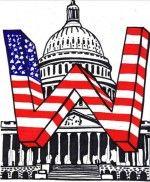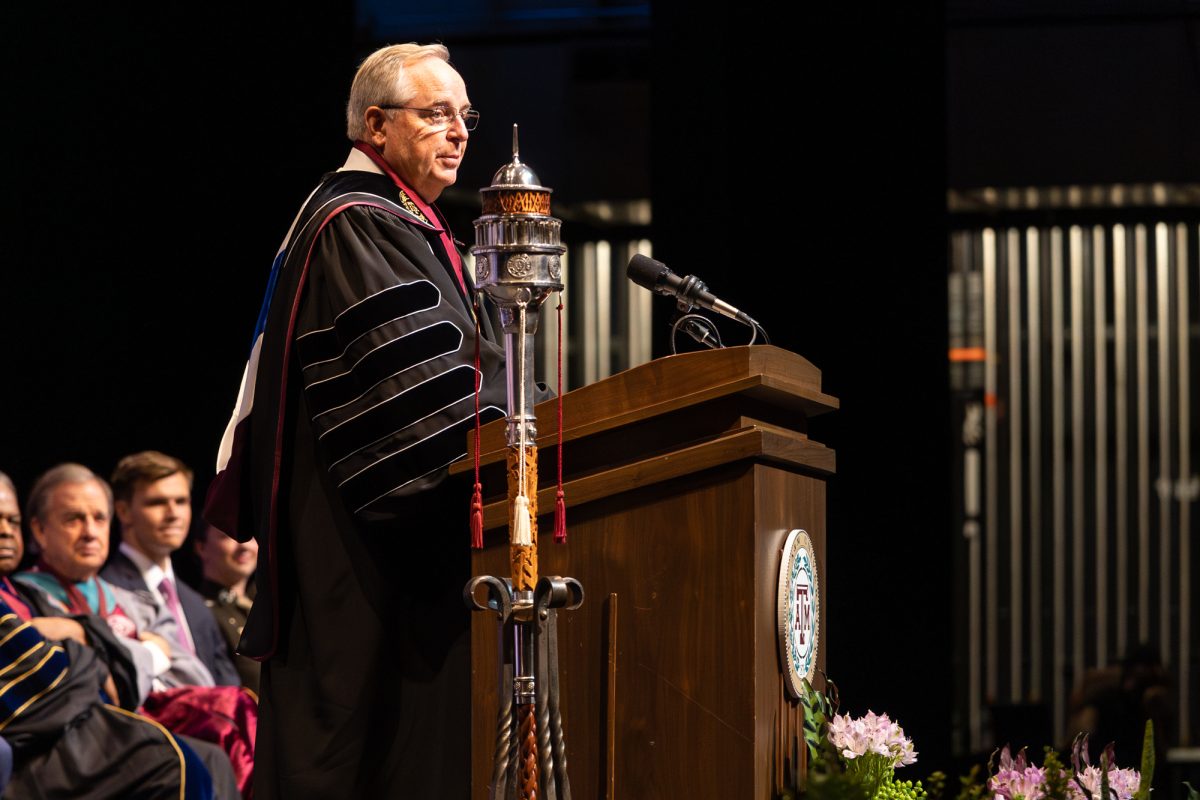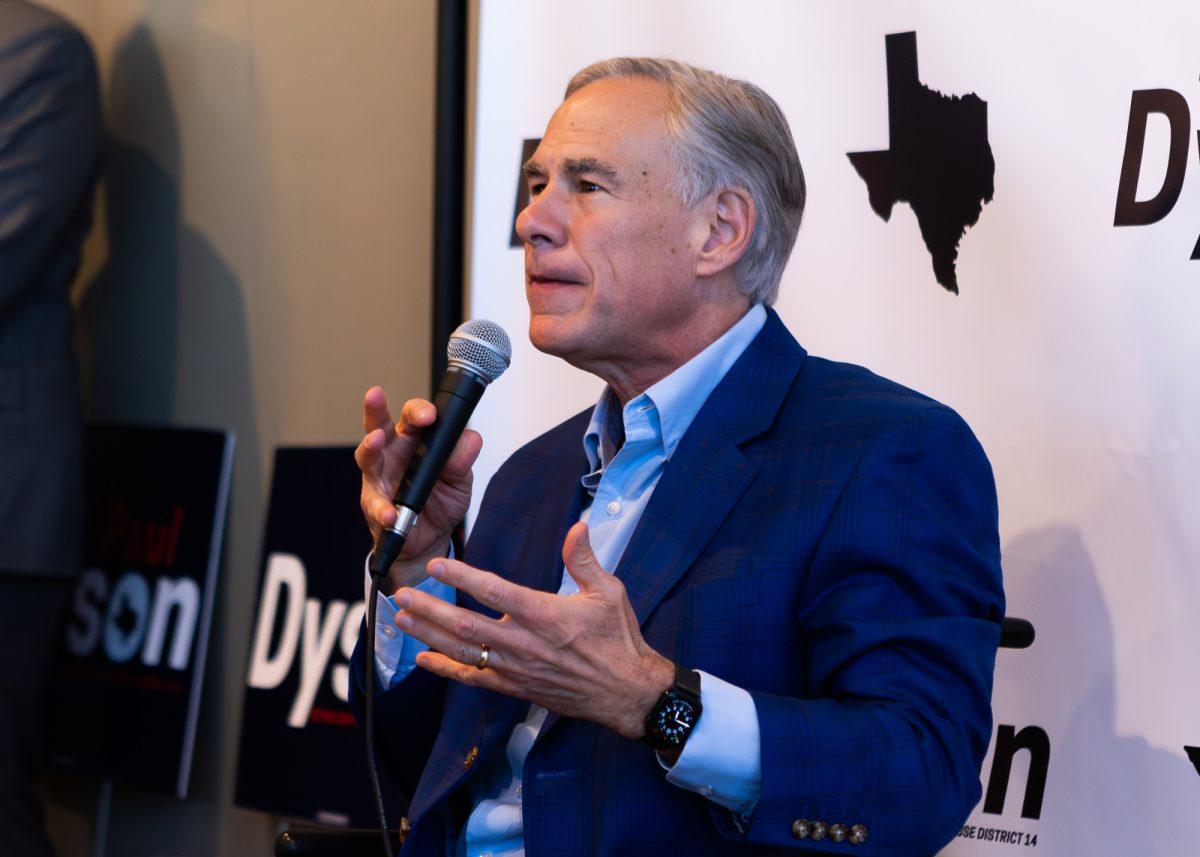In the next two years, with a Republican majority in both houses of Congress, many have suggested that President Bush has a mandate to pursue his domestic agenda. With the election behind them, many fiscal conservatives are setting aside their enthusiasm for Bush’s victory and beginning to remember the disconcerting trend of government expansion over which he presided during his first term. In the coming days, Bush has the opportunity to return to the principles of limited government on which this nation was founded.
Under Bush, federal spending has grown twice as fast as it did under Clinton. According to the Heritage Foundation, spending reached $2.157 trillion in 2003, with a budget deficit of $374 billion. Legitimate defense spending in a post-9/11 world accounted for less than 20 percent of that amount.
Bush has taken many positive steps to cut taxes and to leave money in the pockets of those who earned it, but he has made little effort to pursue the responsible spending policies that such tax breaks necessitate.
In 2002, Bush signed a farm bill that will cost $180 billion over 10 years and increase agriculture spending by 80 percent. Since two-thirds of this goes to large businesses, the bill really amounts to agricultural corporate welfare. In 2003, he signed an expansion of the Medicare entitlement program that is estimated to cost $400 in the first 10 years.
Bush’s No Child Left Behind Act not only increases federal education spending by 65 percent, but constitutes the largest step in centralizing education in the history of public schools. It is an attempt to salvage a failing system by throwing federal money at the problem, which cannot hope to succeed.
Ronald Reagan once said, “A government bureau is the nearest thing to eternal life we’ll ever see on this earth.” One of the problems with creating new government programs to address any real or imagined societal problem is that such programs do not go away when their need evaporates.
Unfortunately, Bush’s record to date consists of expanding the role of the federal government in his pet areas, while making little attempt to pare down its well-known wasteful spending.
The $80 billion per year that the federal government spends for corporate welfare, in the form of direct payments, low-cost loans or insurance and subsidized services, remains sacrosanct. The number of federally funded pork projects, such as endowments for the Rock and Roll Hall of Fame and $150,000 for a single traffic light, has skyrocketed. In fact, the federal government still cannot account for $17 billion it spent on miscellaneous projects in 2001.
Reducing federal spending is never an easy task, since even the most wasteful programs are fervently supported by their so-called beneficiaries. However, there are steps Bush can take to reduce the role of the federal government in the lives of Americans, even in today’s political climate that assumes entitlement so readily.
Bush needs to end his refusal to veto bloated spending bills, even when there are aspects of the bill he supports. Presidential veto power is essential to discourage Congress from tacking irrelevant and wasteful pork projects onto otherwise legitimate bills.
Bush should also seek to privatize those government programs that could be better managed in the private sector. According to the Heritage Foundation, taking small steps, such as commercializing the air traffic control industry and offering stock options for Amtrak to the private sector, could simultaneously cut federal spending and promote economic growth.
Bush’s plan to privatize Social Security is a step in the right direction. In a private system, individuals can plan for their own financial security, free from patronizing and restrictive federal programs. Additionally, a private system would ensure that the funds citizens pay into Social Security could not be squandered at the federal whim, and would eliminate many of the administrative costs inherent to the current system.
During his second term, Bush must choose either to stand for the principle of limited government that is the hallmark of a free society, or to allow America to continue drifting toward federal paternalism and socialism. He has said, “This young century will be liberty’s century.” The next four years will demonstrate whether he recognizes that true liberty means freedom not just from terrorism, but also from government.
What’s in a name?
November 12, 2004

0
Donate to The Battalion
$70
$2500
Contributed
Our Goal
Your donation will support the student journalists of Texas A&M University - College Station. Your contribution will allow us to purchase equipment and cover our annual website hosting costs, in addition to paying freelance staffers for their work, travel costs for coverage and more!
More to Discover









